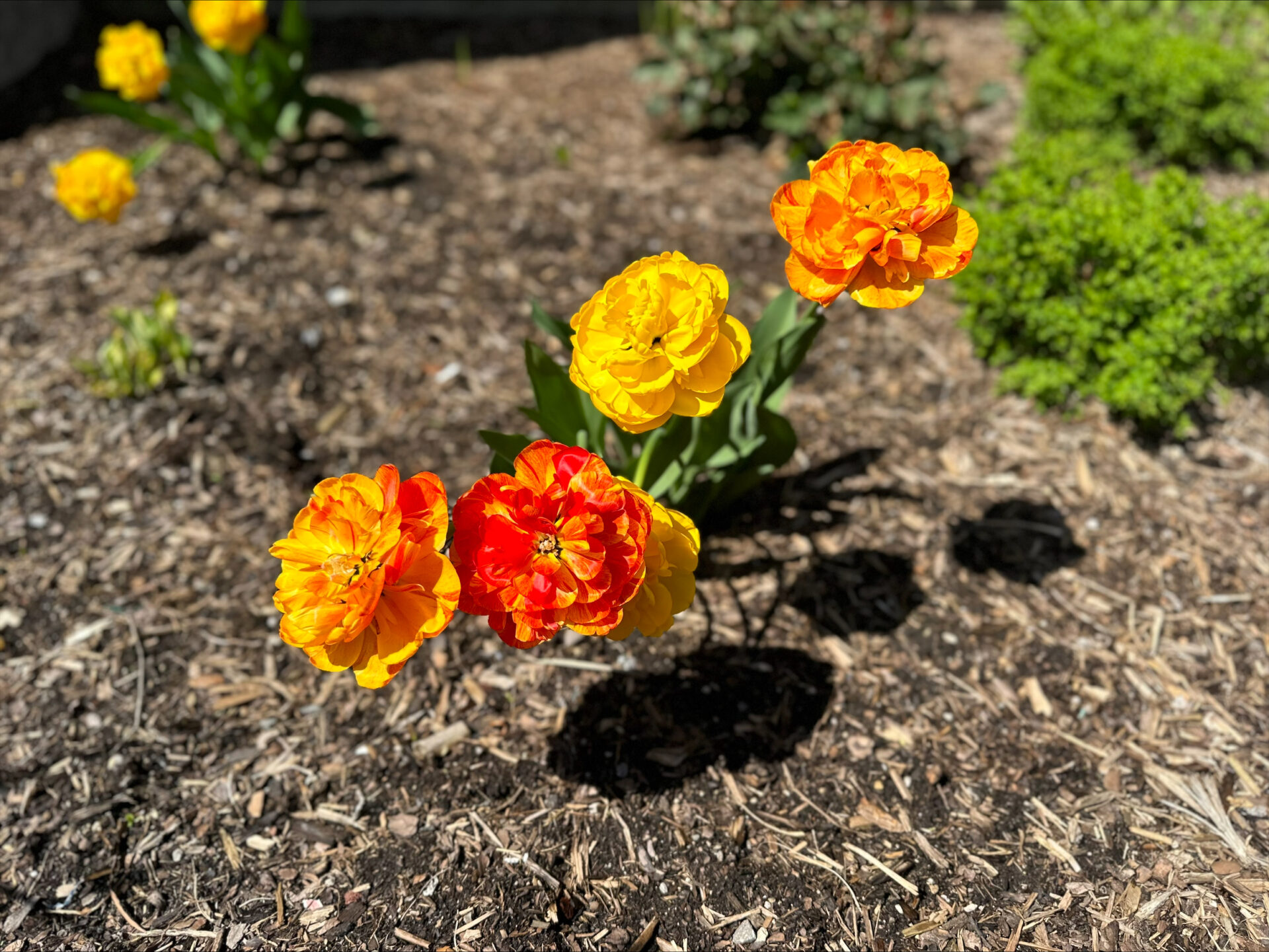
When people hear the word ‘hospice’ or ‘palliative care’, the reaction is often one of sadness, fear, or perhaps even anger. These words carry a lot of meaning for people and may bring up past triggers, and so it is understandable that people shy away from them sometimes. The thing is, ‘palliative’ is not a bad word.
Several months ago, my grandfather was admitted to hospital with complications from his heart condition, and for many weeks a curative approach was taken as per his wishes. There were ups and downs, but his goal was to return home, and so we all worked with what he wanted. Then, one day, it was clear that this approach was not working, and was in fact causing him more pain.
As family, it was very hard trying to decide how to balance his desire to return home with the medical team’s curative plan, and the very difficult symptoms (and lack of improvement) we were seeing. While this was an incredibly hard time for everyone, and brought many tearful conversations, when the medical team finally used the word palliative approach – it was like a weight was lifted. Not only were we all given permission to have a different conversation, but we could shift our focus to what would bring comfort.
There can be great dignity and respect in using the language of ‘palliative’ with a person who has an advanced or life-limiting illness, and being transparent about the phase of life that the person is now in. When we avoid this word, or the care approach itself, we may miss wonderful opportunities to support that whole person, to help them engage in advance care planning, and add more people to their community.
This blog was written by a staff member at Hospice Waterloo Region.
About Hospice Waterloo Region
Hospice Waterloo Region offers a number of programs and services to provide support – but more than that, it is a community where we see the whole person, where quality of life is key, and where moments of joy live strong.
Hospice Waterloo Region is also proud to offer hospice residence services in our Cook Family Residence. The hospice residence is a part of The Gies Family Centre.
